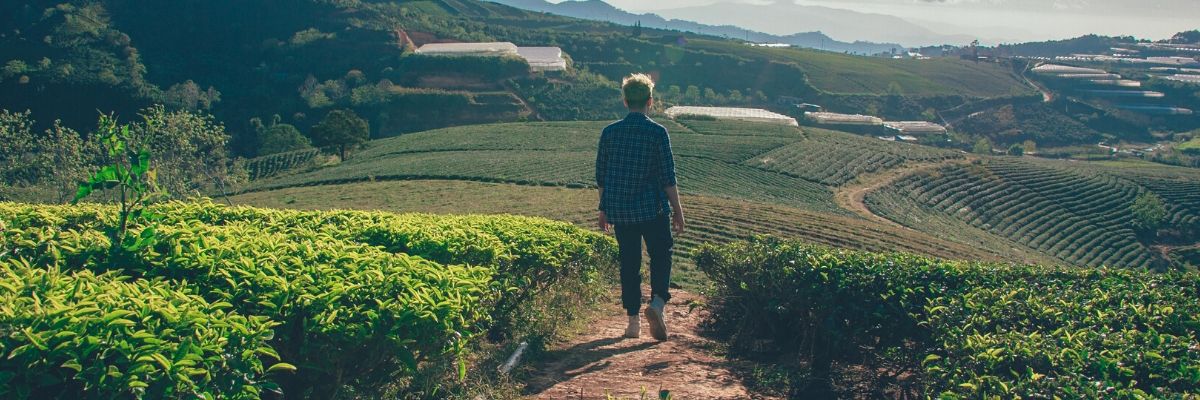Why eating local is the future!
Do you know where the food that you eat comes from? If not than maybe its time to find out. Eating locally produced food has benefits for both us and our fragile eco-system.
By 2050 the UN experts predict that we will have 2.5 billion more people living on our planet. The UN believes that we will have to double our food production but wait, let’s take a closer look at our current system and see if there are some areas of improvement. If one third of the food we grow is never eaten than there is surely room for lots of improvements in how we consume our foods and the way we learn about the food around us.
This is one of the primary reasons foraging for food became a passion for us. We wanted to see how the plants were growing, what environments they lived in and how other plants interact with them before we decide to use them in our dishes. Experimenting with food has to be one of my biggest passions and heading out into the wild to source invasive wild produce is like going to a toy store as a child.
WHY WE SHOULD EAT LOCAL
NUTRITION
If you buy locally grown food than the food should arrive on your plate shortly after it is produced, thereby holding more of its nutritional value. The quality of the food will be better and we will eat more seasonal produce.
INVEST IN THE LOCAL COMMUNITY
As well as helping your local environment you are also helping the local economy. Buying local means that the money you spend on food goes back into the local economy, spreading the wealth around the local area.
REDUCE FOOD WASTE
This is something that we are all guilty of and with the prolific use of plastics in our supermarkets it is difficult to avoid all waste after you do your shopping. However if we begin to shop locally and organically we can significantly cut down on our weekly waste.
In addition to composting we can find alternative uses for our food waste and this is starting to become a hot topic of conversation. Farms are experimenting, using compost as feed and biofuel.
SAVING ESSENTIAL WATER RESOURCES
Our natural water sources are being depleted. A sustainable future requires a collective appreciation of all of our water sources.
WHAT CAN I DO?
Here are four simple changes that you can make to your daily routine to help secure a brighter, sustainable, local future for your community.
- Take time to understand where your food is coming from and how it is produced.
- Adopt a composting culture. Recycling has become the norm for most households today, composting needs to be the same.
- Save water whenever possible.
- Join us for a foraging adventure and learn about the wild edible species around you.
Some people are concerned that foraging or extracting sources of wild food could damage the environment. However, let me introduce you to invasive plants. Everywhere you look you will stumble upon an invasive plant species. Not all are edible but some are simply delicious and not only is it okay to forage these wild plants, you are assisting the environment by tackling the large amounts of these non-native species and allowing the true natives to flourish.
After a number of years in the making, the Invasivore Movement is catching up and people are starting to realise that eating local doesn’t have to be expensive. Eating local may mean both organic farm produce and wild invasive species like some weeds that can easily replace a number of our refrigerated green leaves. Using weeds as a source of food can be nutritious and benefit the environment at the same time.
In fact many environmental groups agree that invasive species can damage and change a landscape. According to the Woodland Trust “invasive non-native species are one of the main drivers of biodiversity loss” and over 30% of important plant areas contain invasive species. How do we tackle this issue? Well, will I be so bold as to suggest foraging! Yes, foraging is one way that we can help to reclaim the natural eco-system and improve the quality of life for our native plants and trees.
Let’s think about other ways that we can begin to think locally, eat locally and create a sustainable environment that feeds future populations. Do you eat your local fruits and plants? If you have a local food story to share we would love to hear from you.
Feel free to listen to the podcast version of this article on our YouTube channel
Join in our wild food experiences and come foraging for invasive plant species on one of our guided foraging experiences.


